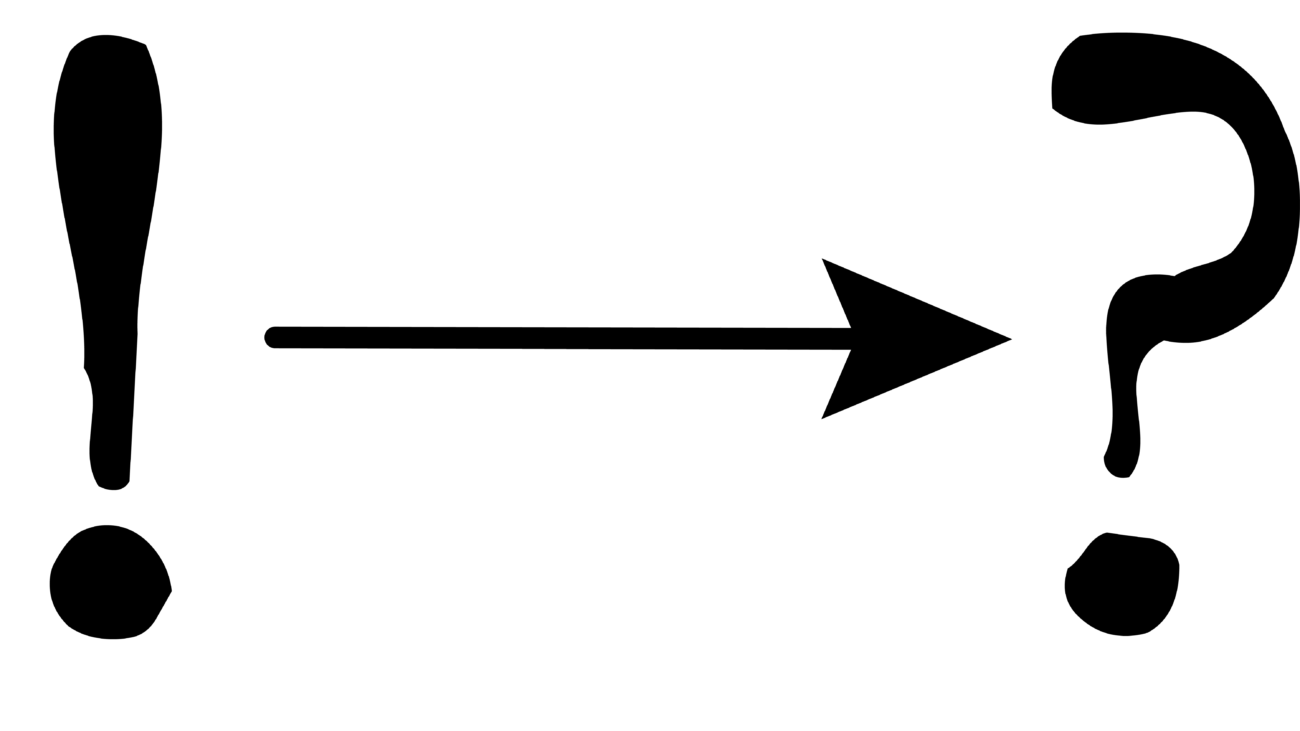In many respects, no doubt, the Law of Thelema is revolutionary. It insists on the absolute sovereignty of the individual within the limits of his proper function. And this principle will be resented by all those who like to interfere with other people’s business.
The Confessions of Aleister Crowley, chapter 87
To people in many parts of the world in the early 21st century, statements like this seem far from revolutionary. It seems to affirm the doctrine of individual rights which is a cornerstone of secular democracies.
In the United States, if this statement sounds revolutionary at all, it’s because it is part of the rhetoric of libertarians and many conservatives. Even the Christian right-wing in the United States couches their fight against reproductive rights in the language of the individual rights of the unborn. This isn’t to defend the use of such rhetoric—indeed, it strikes me as invoked in bad faith—but only to point out that such ideas have enough currency in mainstream secular culture to have become de rigueur even for those seeking to overthrow that very secularism.
It should go without saying that, as a subculture, Thelemites have in no way cornered the market on the rhetoric of individual liberty. One does not have to be even a very liberal Christian or Jew to believe (or at least proclaim to believe) that people should be able to worship as they please. And from the side of the secular state, there’s plenty of room for Catholics, Protestants, Muslims, Jews, Satanists, Scientologists, Wiccans, Thelemites, and the rest—for the very simple reason that there ought to be no established religion, no once-and-for-all proclamation of what counts as the Good Life, in a secular state.
But the irony is that Crowley himself did not advocate for such a secular approach to politics. His ideal state would have had Thelema as its established religion, which he envisioned as naturalistic and solar-phallic. At the center of such a state would not be the question mark of skepticism about the Good Life. Instead there would be the, uh, exclamation point!
By contrast, Consensus Thelema is secular through and through. At least most Thelemites I’ve met and have interacted with do not want to see solar-phallicism (or any religion) established as the state religion. But a lot of them also do not believe that any doctrine—whether it be solar-phallicism or any other creed—ought to be established as an interpretation of Thelema itself. It is up to each Thelemite to decide for themselves what Thelema itself means. Hence it possible to be a Norse Thelemite, a Tantric Thelemite, a Buddhist Thelemite, an Atheist Thelemite, or even a Christian Thelemite for the exact same reason it is possible to be a Norse American, a Tantric American, a Buddhist American, an Atheist American, or a Christian American: because Consensus Thelema is just a microcosm of secularism.
The secular perspective is that individual freedom is secured (in part) by not establishing a state religion. By contrast, Crowley’s view seems to have been that individual freedom was best secured by establishing the correct state religion, one based upon what he considered to be “science”.
This doesn’t mean that Crowley thought everyone in a Thelemic state would have to accept the Law of Thelema. But following the terminology of the Book of the Law, Crowley referred to such people as “slaves” and condescendingly said their needs would be tended to in an ideal state like those of livestock.
We do not insist on trying to train sheep to hunt foxes or lecture on history; we look after their physical well being, and enjoy their wool and mutton. In this way we shall have a contented class of slaves who will accept the conditions of existence as they really are, and enjoy life with the quiet wisdom of cattle. It is our duty to see to it that this class of people lack for nothing.
NC on AL II.58
Members of the Order are to regard those without its pale as possessing no rights of any kind, since they have not accepted the Law, and are therefore, as it were, troglodytes, survivals of a past civilisation, and to be treated accordingly. Kindness should be shown towards them, as towards any other animal, and every effort should be made to bring them into Freedom.
Liber CI
The second passage was written in the context of Ordo Templi Orientis, but what he’s saying clearly applies more generally to those who have not accepted the Law of Thelema.
Historically, views like this don’t go anywhere positive. Consensus Thelema is—I think obviously—an improvement over this.
That being said, it’s one thing to decide you don’t want to establish a state religion. All considerations of Thelemic or any religious orthodoxy aside, that’s a lesson humanity has learned from the experience of history. But it’s quite another thing to replace your religion’s defining beliefs with an empty space or a question mark. At that point it ceases to have any characteristics which would differentiate it from other spiritual or religious perspectives. Hence the “Tantric Thelemite” or “Christian Thelemite” phenomena. But more to my point, it becomes impossible to differentiate it from secularlism. It becomes what I’ve called enchanted centrism or a passive reflection or divinization of the consumerist overculture.
